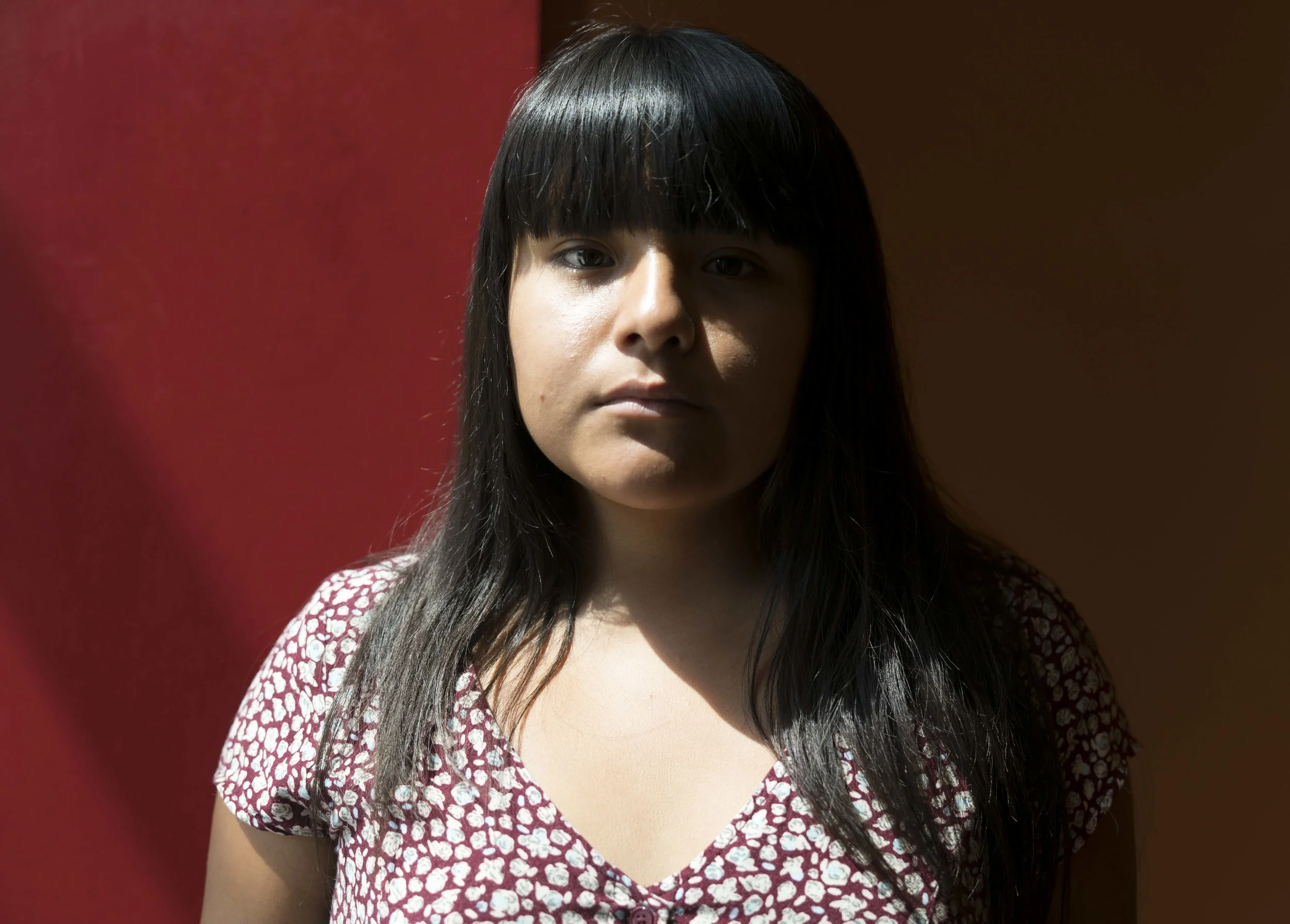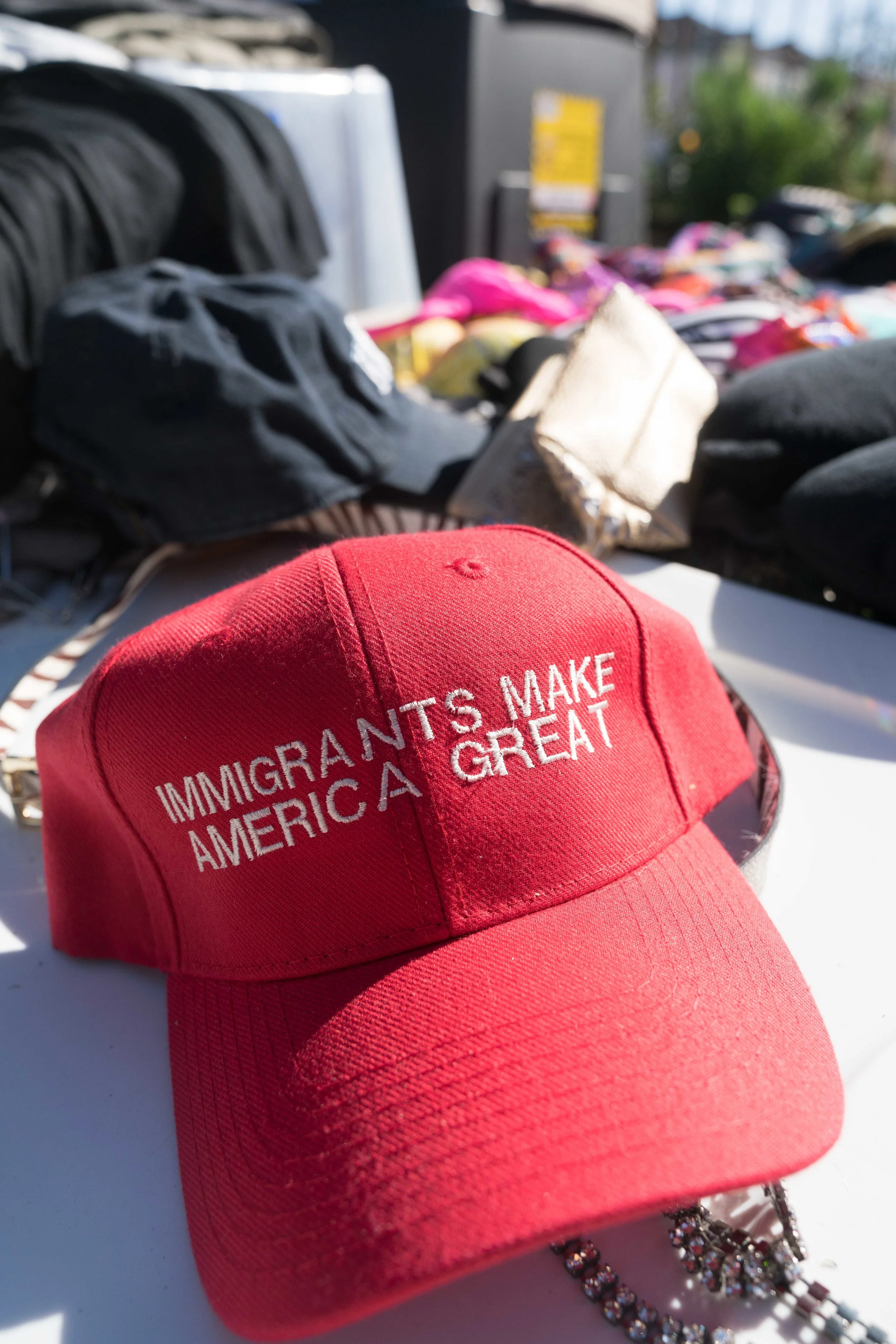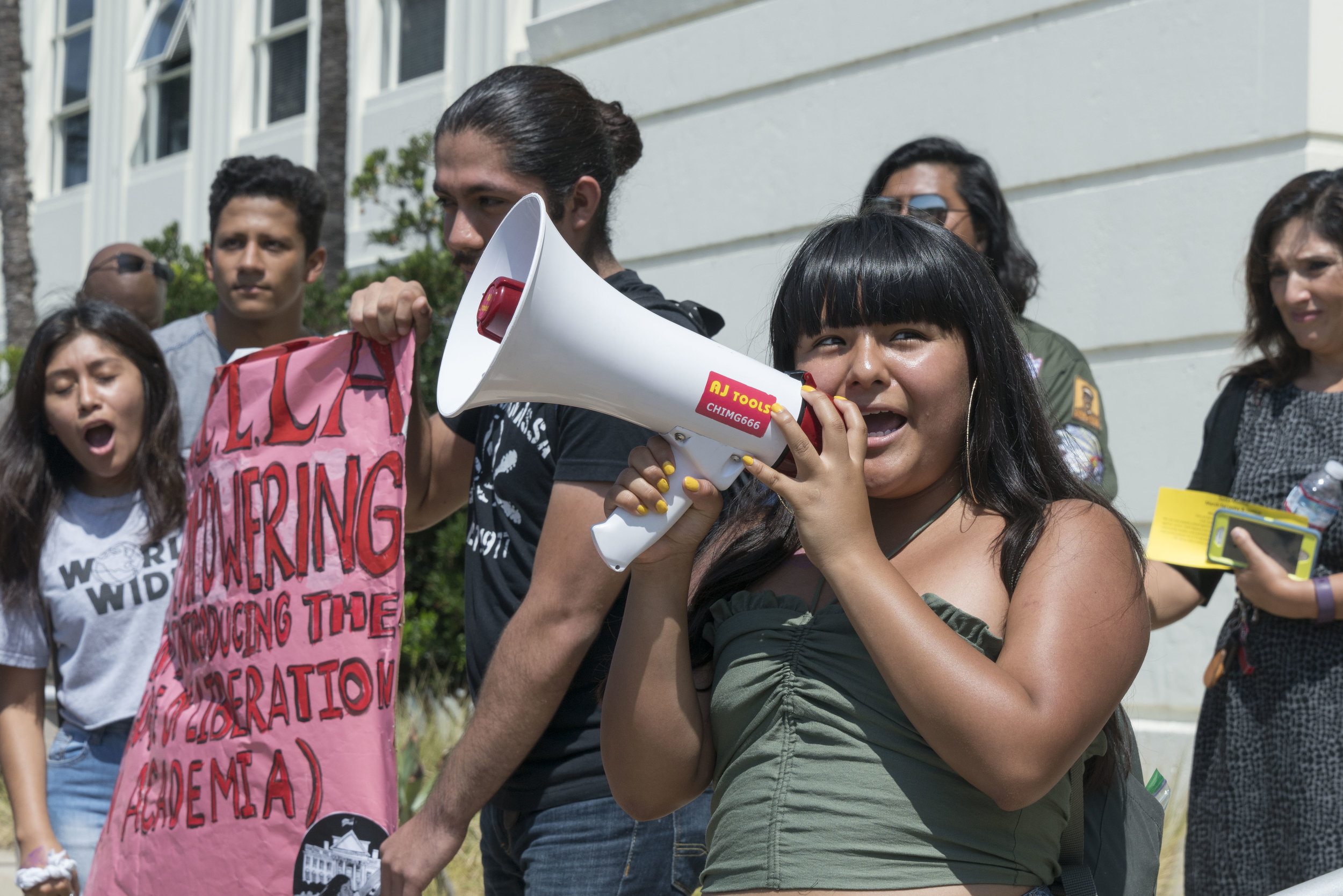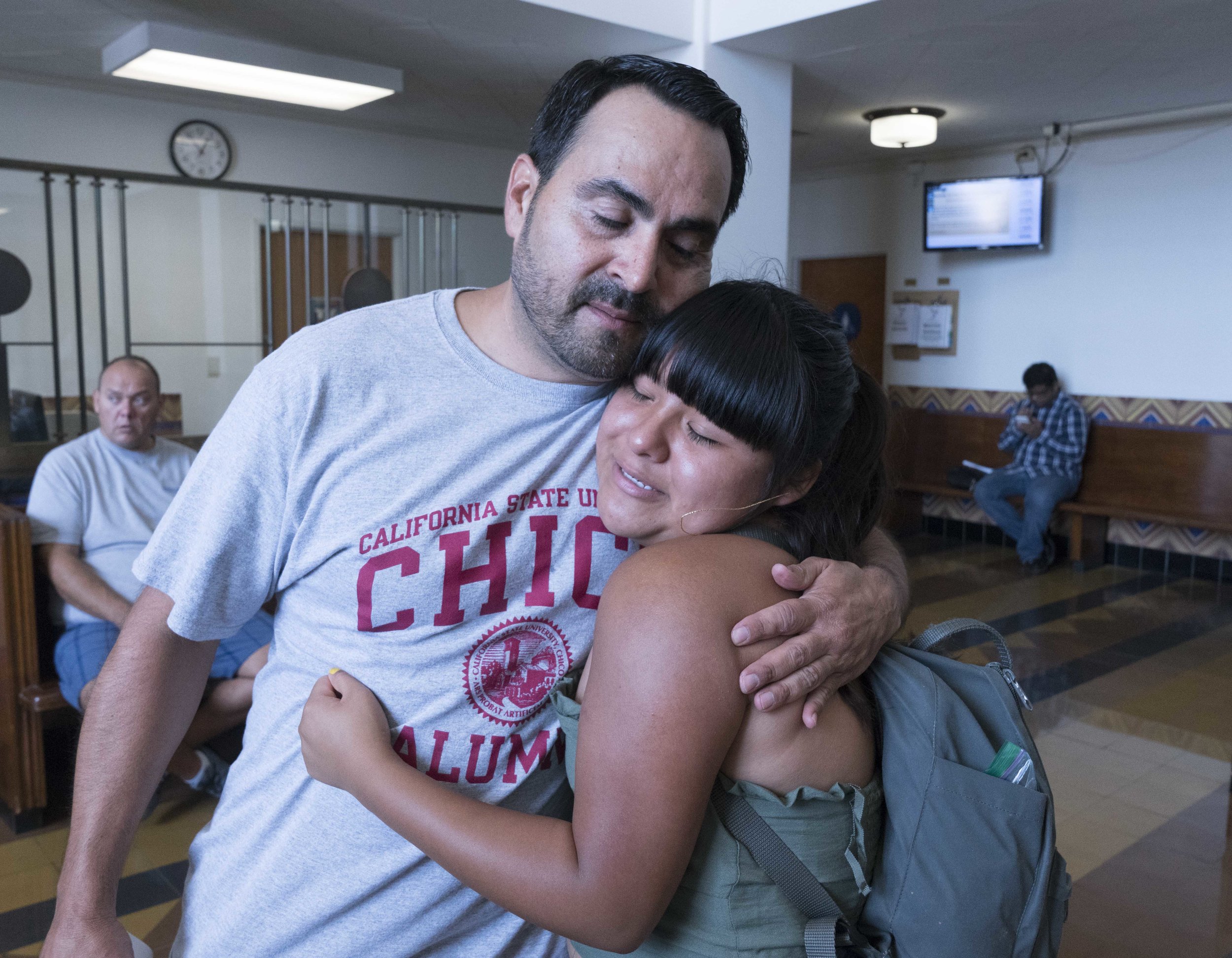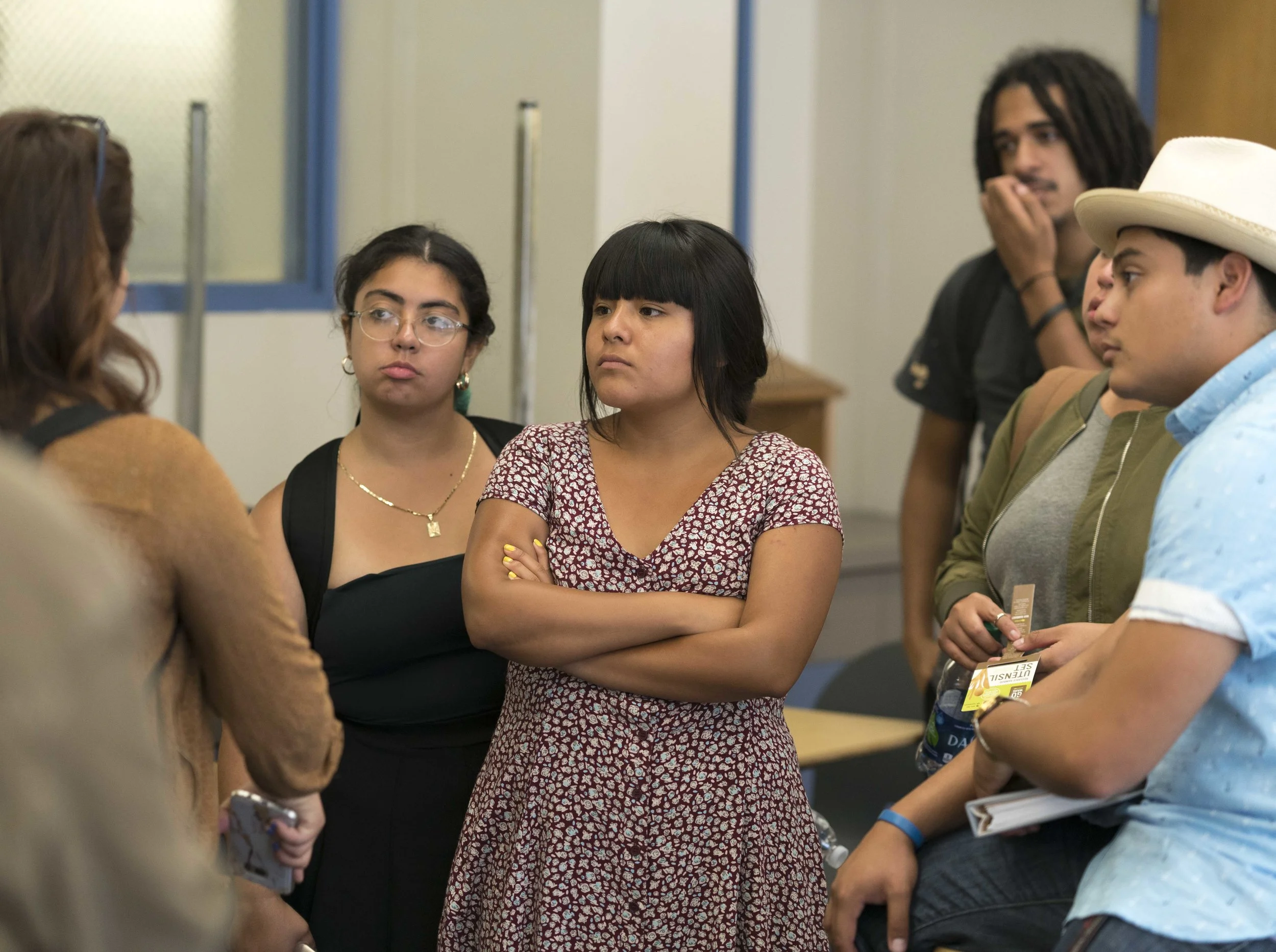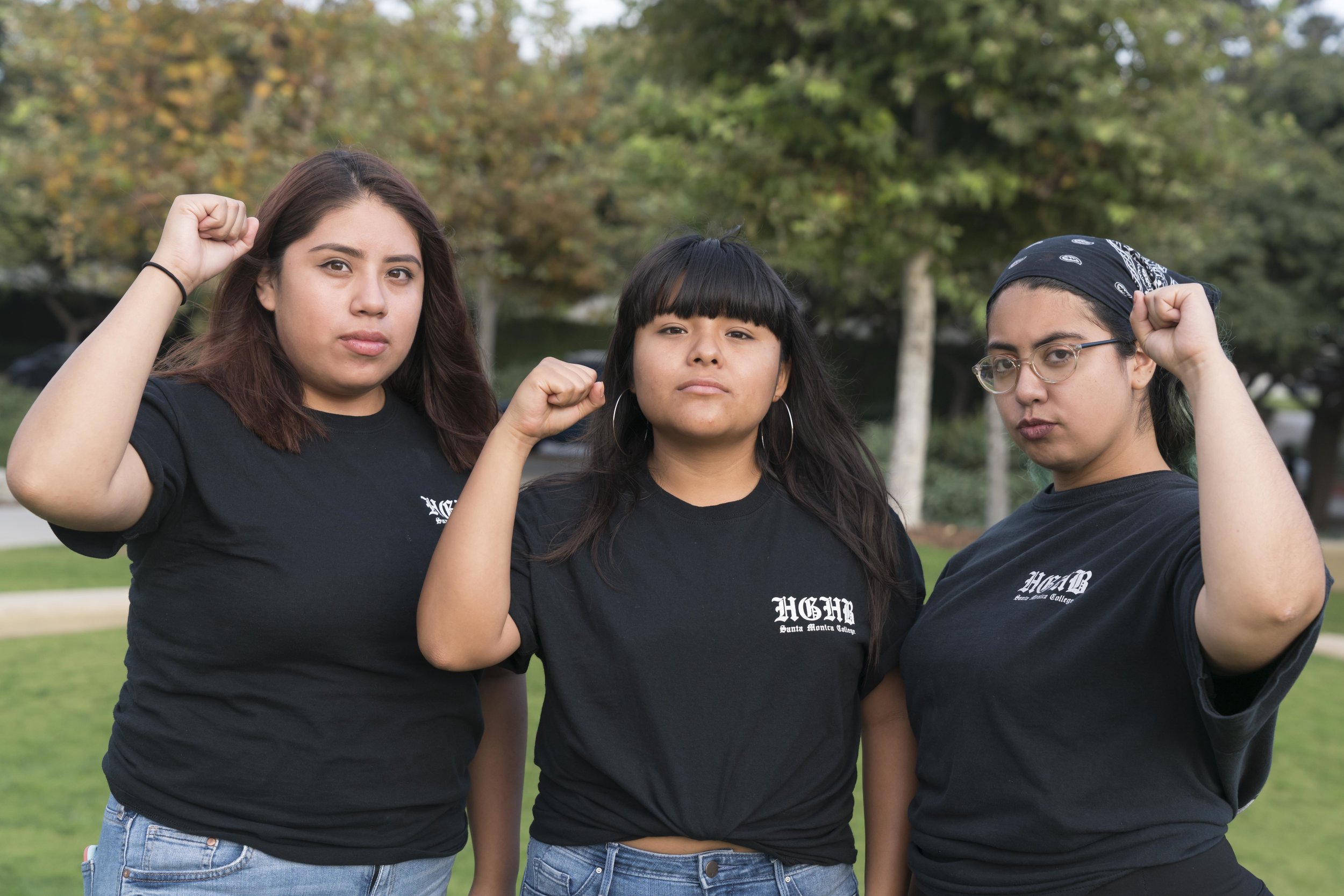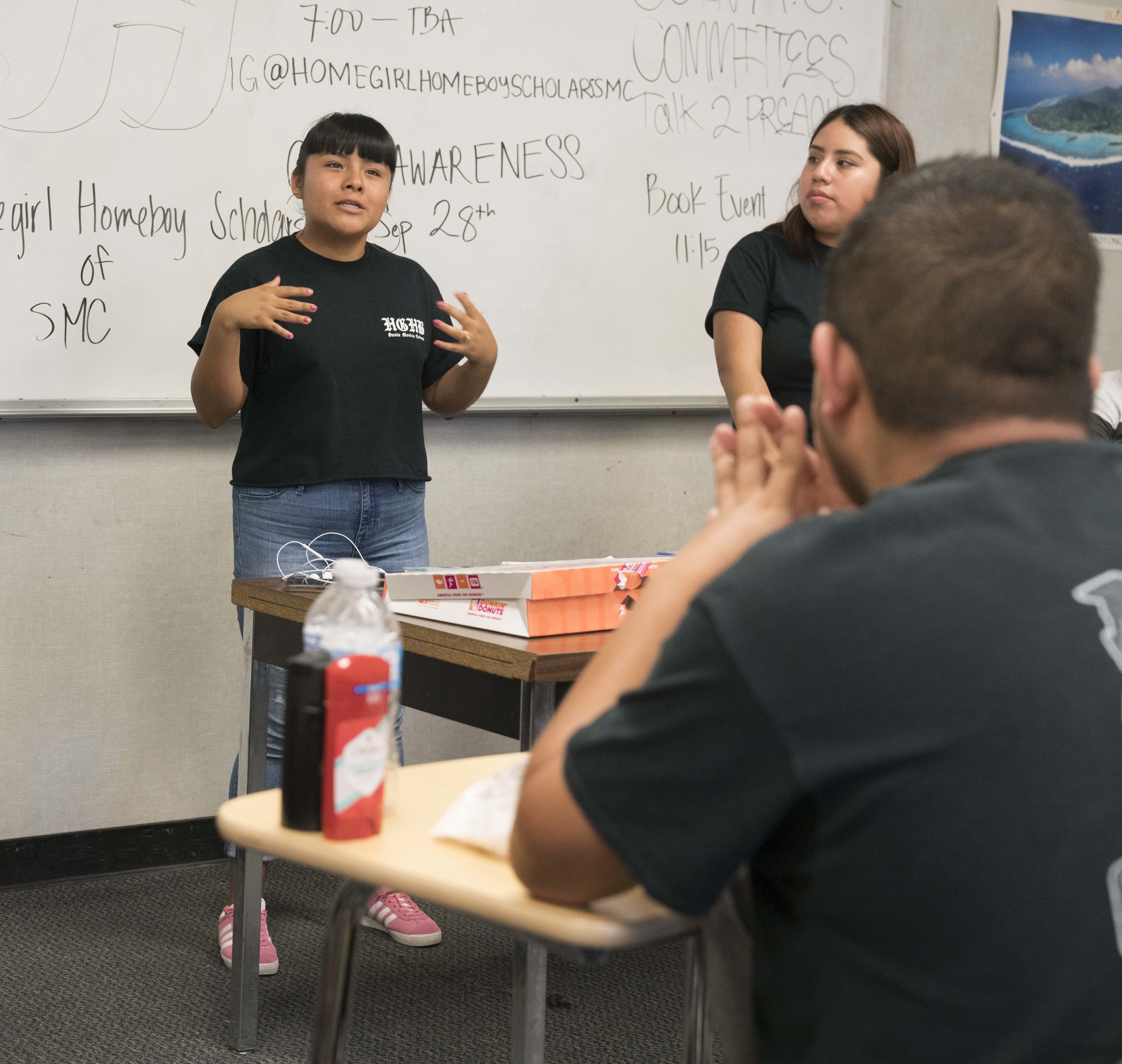Undocumented and Unafraid: The Making of An Activist
Santa Monica College student, Salma Morales Aguilar, 19, was ten months old when her parents brought her and her older sister to Los Angeles from their home in a tiny town in Oaxaca, Mexico. Initially, her parents planned to only stay for two years to make enough money to pay off medical debts they had incurred in Mexico when Salma had been gravely ill as a baby. They planned to return to Mexico, but ended up staying, first living with one of Salma’s uncles, then later getting their own apartment.
Growing up in LA, Salma wondered why she did not have a social security number and could not go to Mexico to visit her extended family, as her cousins did. It was during middle school that Salma learned she is an undocumented immigrant.
“I was never ashamed or scared of [being undocumented],” Salma said. “I tried not to think about it a lot.”
However, Salma’s mother, who works as a housecleaner, did think about it. “I worried about my girls a lot,” Brigida Morales Aguilar said in Spanish as Salma interpreted. “I wanted to know they had a future after high school.”
In June 2012, when then-President Barack Obama created the Deferred Action for Childhood Arrivals (DACA) program – shielding young undocumented immigrants who meet certain requirements from deportation, and making them eligible for driver’s licenses and work permits – Salma’s mother heard about the program and found a lawyer to help Salma apply and obtain DACA status.
When President Donald Trump announced on September 5, 2017, that he was ending the DACA program, Salma admits she was devastated. Two days later, Salma and other members of Homegirl & Homeboy Scholars of Santa Monica College, along with tudent Empowering Movement Introducing the Language of Liberation in Academia (SEMILLA) organized a rally in front of the library on the Santa Monica College campus and marched to Santa Monica City Hall to protest the end of DACA, as well as other issues impacting minority students, faculty, and the community.
Salma found her passion for advocacy during an internship at the Coalition for Humane Immigrant Rights (CHIRLA). “I discovered who I was and I learned about the politics of being undocumented,” she said. But it was a class she took with Professor Rebecca Romo called Latinos and Latinos in Contemporary Society that was really eye-opening and caused her to change her major from kinesiology to sociology. “It changed my whole view of my life and where I stand,” Salma said of the class. “It made me think about my ancestors and those who came before me.”
Now, Salma’s goal is to start a non-profit. “It’s my duty to fight for my people and my community,” Salma said. “Not just my people, but all people who are immigrants and affected. I really feel that that’s what I need to do.” As for what will happen to the DACA program, Salma is hopeful. “We’re going to make it through,” she said. “We fought together to get DACA and we’ll keep fighting.”

